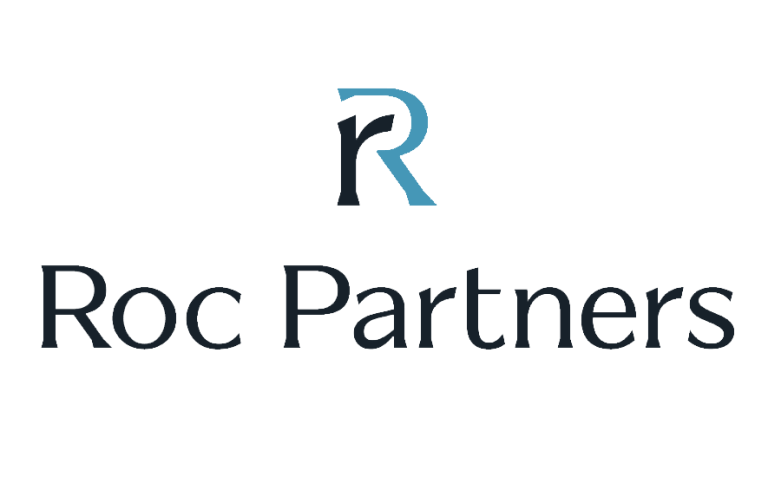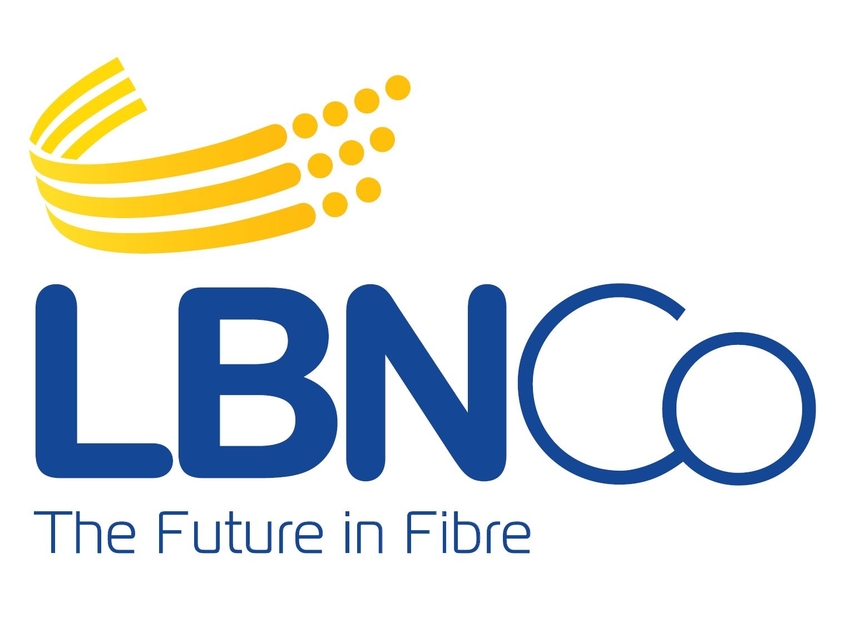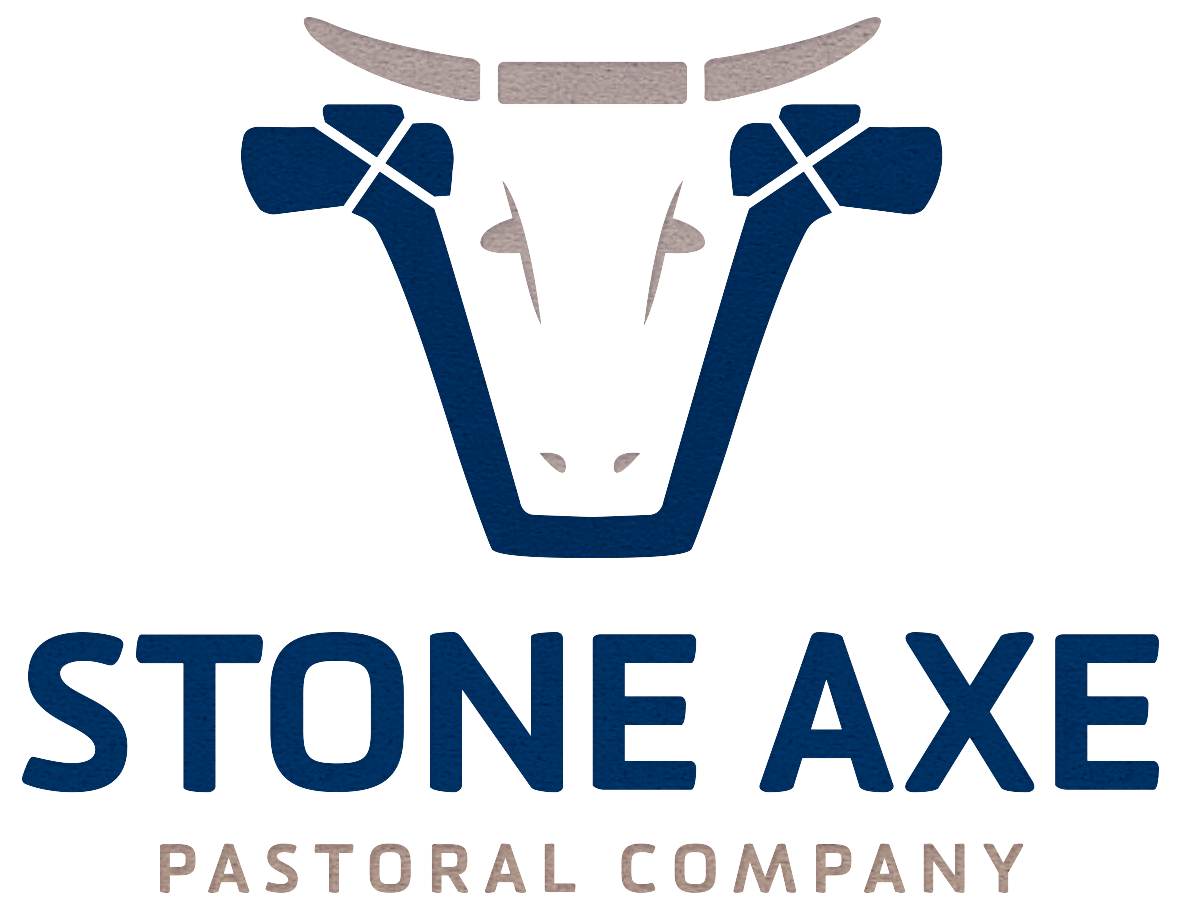Anna Ellis: Mike, you've been in the private markets industry for 25 years plus - you've seen a lot of cycles, there's a lot of noise, there's a lot of uncertainty in the market. What's your view on capital deployment opportunities over the next half and into 2024?
Mike Lukin: When you're trying to deploy capital into private markets, you can't pick the bottom. It's hard enough to pick the bottom in listed markets. It's even harder to pick the bottom in private markets because transactions take time to percolate through. So, it might be a business that our GPs, our team, are looking to invest with, and that'll be percolating in the background for six months, 12 months. We're looking at something now that we've been talking to them for over 12 months. We're only now starting to get to the point where our expectations of value and theirs are starting to align. We're going to see more of those types of opportunities as maybe the uncertainty of the future starts to kind of dissipate, maybe more certainty around where we land with wages, with inflation in this country. That'll give people more confidence around the kind of numbers they're bidding off.
Maybe that gives them the confidence given they've got more certainty around the economic conditions and the earnings of these businesses to pay a little bit more in terms of multiple. And at the same time, vendors will have kind of reset their expectations on value. No transactions being done for 18 months, two years. That tends to be the kind of memory that most people have in around financial markets and transactions.
And we've seen this plenty of times before, the global financial crisis, the market collapsed down 50%. Not a lot of transactions got done for the two years prior. Because the realistic scenario is if you've got a good business and you're not over geared and you're still selling creating a dividend stream for yourself. Thinking about a private business, a family owned business, an entrepreneur owned business, that scenario means I know I'm not going get value for my business. Maybe I only take a $1 million dividend out this year rather than a $10 million I took out in 2007, but my business is worth a lot more than the 10 million that I'll get for it today.
So really, taking a longer-term view around finding that right time in the cycle, being patient around deployment, but also being active in the market. So if you are an LP in a fund, you've got to keep putting commitments out there because you just don't know when the cycle will turn. And so being prepared by having commitments outstanding that can be drawn down by private equity managers in this type of market is a really smart strategy. Most people tend to try to pull back in this market, whereas now's the time to be deploying capital from a commitment perspective and then allowing the private equity managers, broadly in the market to out identify opportunities over the next six months, next 12 months, next 18 months, as the fog in markets tends to lift then and we start to see more transactional activity emerge.
Anna Ellis: And so do you see it as a positive thing that there is so much dry powder in the Australian private equity market at the moment?
Mike Lukin: Yeah, look I think the concept of a lot of dry powder you need to segment into markets, and where the opportunity set is, and I think realistically the scale of the opportunity in private markets broadly for the SME enterprise part of the market, so think enterprise value sub $500 million, there's still not a lot of dry powder for that part of the market in Australia.
There's a relatively few, if you compare it to, the size of the GDP of Australia, relatively few private equity firms that operate in that space. A lot of companies, so a lot of private family-owned businesses, founder led businesses that operate in that sub $500 million enterprise value space. I think the capital availability to opportunity set there is very much in favor of the capital allocators.
I think where you start to run into issues over too much dry powder in the market or over allocation is really at that bigger end of the market. And I think we're all aware it's difficult to get private public to private transactions done, increasingly difficult at the larger end. And there's a lot of competition for deals. There's a lot of the global private equity firms that operate in Australia, a lot of them will fly in for big deals in this market. Interestingly, there's a lot of capital that was pointed to Asia that's being deployed in Australia. Australia forms part of the Asia Pacific geography for private equity. And so, a lot of that Asia Pacific private equity capital is trying to find a home in Australia given the relatively attractiveness of this market and the relative certainty of this market. From a supply demand dynamic around capital availability that, call it billion dollar fund size and below 500 million enterprise value and below, the supply demand dynamic is still very attractive. I think we'll continue to see opportunities there to deploy capital.
I think what's really interesting as well, while we're touching on that part of the market, the sub $500 million enterprise value, that's really becoming a part of the listed market in Australia that's just being orphaned. So, there's a lot of businesses in that space on the ASX that just don't have any broker coverage, don't have any coverage by small cap analysts, really driven by consolidation of the Australian market, larger super funds, more difficult for them to deploy capital in $5 million, $10 million lots, consolidation of managers based on a focus on fees. And so less ability for small cap managers to be viable. I think, probably the retail market retracing kind of following a downturn in markets. While I stated it's difficult to get public to private's done, I think we will see more M&A, more public to privates in that small really micro cap end, sub 500 million market cap end, valuations for a lot of those businesses have come down a lot.
There's no real catalyst for change. It's not like all of a sudden these businesses are going to be rerated and become multi-billion dollar companies, so they're in no man's land. And I think that creates a opportunity where, unlike perhaps in ASX 100 where you get a lot of competitive tension for deals, if you've got the right shareholder register and the right dynamic around the business, you will see more public to private transactions. You will see more M&A activities at that small end for good businesses in good industries that people take probably more of a medium term view around the prospects for that business.




